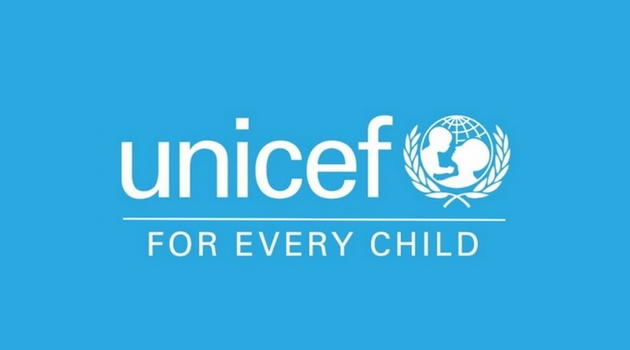After seven years of conflict, the humanitarian situation in Libya continues to deteriorate with 378,000 children in need of life-saving assistance and protection throughout 2018.
“2018 is a pivotal year for Libya, especially for children,” said Abdel-Rahman Ghandour, UNICEF Special Representative to Libya.
“This is why at UNICEF, we are appealing for $US 20 million to help us scale up our response to provide immediate life-saving assistance as well as long term support to children throughout the country. No matter their background, nationality, gender or race, all children in Libya deserve the chance of a better future.”
Violence and armed conflict have had a devastating effect on children in Libya. Among the 170,000-people displaced, an estimated 54 per cent are children. As a transit and destination country for economic and other temporary migrants, Libya is also home to hundreds of thousands of migrants and refugees, a significant proportion of whom are children.
At risk of abuse, violence, human rights violations, vulnerable to recruitment by armed groups and lacking the most basic of services, children throughout Libya are in urgent need of protection and care.
Working in partnership with line ministries, municipalities, non-governmental organizations and Libyan civil society organizations, in 2018, UNICEF Libya aims to:
- Vaccinate 1.4 million children aged 0 -6 against polio
- Provide 93,450 children with psychosocial support
- Enable 33,450 school aged-children to access formal or non-formal education
- Deliver essential learning materials and supplies to 80,000 children
- Ensure that 35,000 people have improved access to safe drinking water and 20,000 to sanitation facilities
- Reach 1,500 children associated with armed conflict delivering specialised child protection services
In 2017 UNICEF managed to reach children throughout the country, providing child protection, education, health, water and sanitation services. In 2018, UNICEF aims to continue this work supporting the country’s Humanitarian Response Plan as well as to restore its full presence of staff and partners to Libya.
(Source: UNSMIL)





